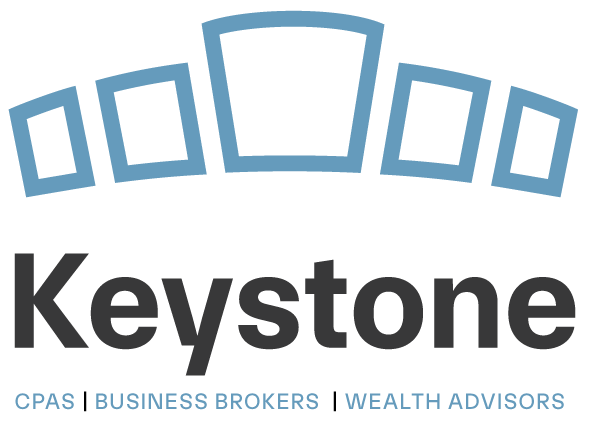The Importance of Proper Financial Planning Before Selling Your Business
Planning to sell your business is a significant decision that requires meticulous preparation, particularly in the financial realm. Proper financial planning is vital to ensure a smooth and successful transition and to maximize the value of your business. Keystone CPAs, with their deep understanding of the critical role that financial planning plays in selling a business, are here to offer essential tips that will guide you through this important phase, instilling confidence in your financial planning.
Understanding the Value of Your Business: As a business owner, your role is crucial in preparing to sell your business. One of the initial steps is obtaining a comprehensive understanding of its value. Keystone CPAs advise engaging in a thorough business valuation to accurately assess the worth of your company. This assessment, in which you play a crucial part, will serve as a foundation for setting a realistic selling price and understanding potential areas for improvement to enhance the value of your business. Financial Documentation and Reporting: Organized and accurate financial documentation is essential when selling your business. Keystone CPAs emphasize the importance of maintaining detailed financial records and reports to provide prospective buyers with a clear and transparent insight into your company’s economic health and performance. This includes financial statements, tax records, profit and loss statements, and other pertinent financial documents.
Tax Planning and Optimization: Proper tax planning is crucial when selling a business. Keystone CPAs advise business owners to engage in tax optimization strategies to minimize tax liabilities and maximize the after-tax proceeds from the sale. Understanding the tax implications of the sale and implementing tax-efficient strategies can significantly impact the financial outcome of the transaction.
Financial Forecasting and Projections: Prior to selling your business, creating detailed financial forecasts and projections can be invaluable in demonstrating the future potential and profitability of your company to potential buyers. Keystone CPAs recommends preparing realistic and data-driven financial projections that align with the growth trajectory of your business, providing a compelling case for its future success. This forward-looking approach can instill a sense of hope and optimism in the business owner.
Exit Strategy and Succession Planning: Crafting a well-defined exit strategy and succession plan is fundamental to proper financial planning before selling your business. Keystone CPAs stress the importance of outlining a clear path for the transition of ownership and leadership, ensuring a seamless transfer of control and responsibilities.
In conclusion, selling a business demands meticulous financial planning and strategic decision-making. Keystone CPAs understand the complexities involved in this endeavor and offer invaluable guidance to business owners embarking on this important journey. By leveraging their expertise and following these essential tips, business owners can navigate the financial aspects of the sale with confidence, ultimately achieving a successful outcome.
Keystone CPAs stand ready to assist business owners in achieving their financial objectives. Contact us today to learn more about preparing your business for a successful sale.







